
Similar Posts
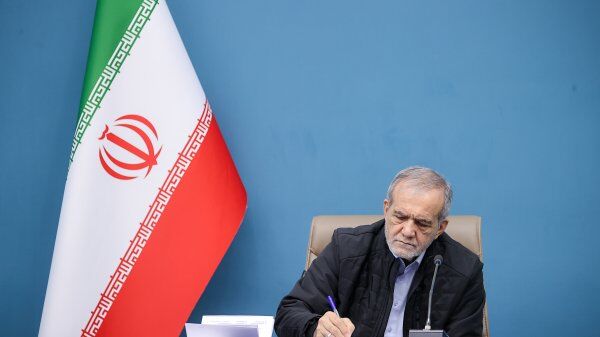
Pezeshkian Extends Congratulations to Lukashenko on His Re-Election Victory as President of Belarus
Iran’s President Masoud Pezeshkian congratulated Belarusian President Alexander Lukashenko on his re-election, highlighting the strong diplomatic ties between the two nations. Pezeshkian’s message came two days after Lukashenko was declared the winner of the January 26 presidential election, where he received 86.8% of the votes, marking the beginning of his seventh five-year term. He praised the high voter turnout as a testament to the Belarusian people’s desire for a bright future and expressed optimism for the growth of Iran-Belarus relations during Lukashenko’s new term, emphasizing their existing friendly ties and collaborative efforts.
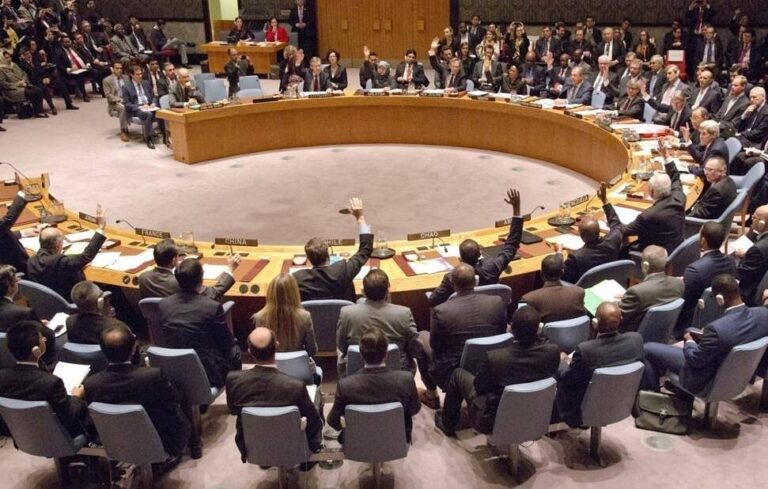
Pakistan Calls on UNSC to Enforce Long-Awaited Resolutions on Kashmir
Pakistan’s UN Representative, Asim Iftikhar Ahmad, urged the United Nations Security Council to implement its resolutions on the Jammu and Kashmir conflict during a recent emergency session. Amid escalating India-Pakistan tensions, he emphasized the need for diplomatic engagement to address the deteriorating security environment. Ahmad condemned India’s allegations of Pakistani involvement in a recent attack in Kashmir and expressed concerns over India’s suspension of the Indus Waters Treaty. He highlighted ongoing human rights violations in Indian-administered Kashmir and called for a UN-supervised plebiscite to address Kashmiris’ aspirations, stressing that peace requires dialogue, respect for international law, and human rights.
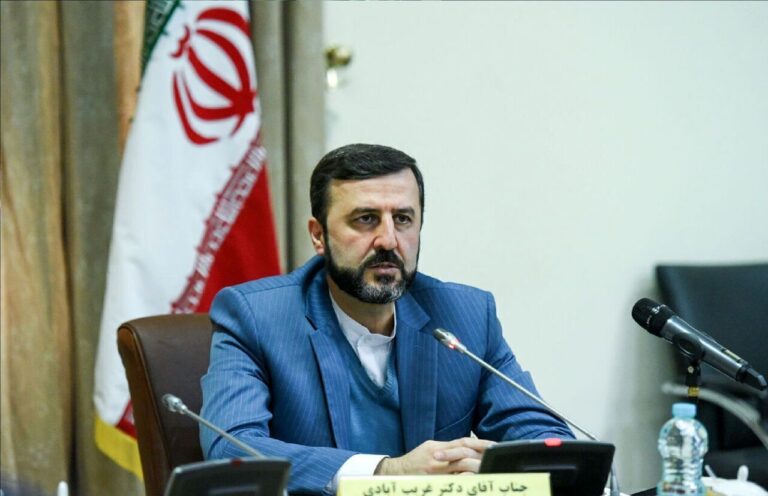
Iran Advocates for Sanction Relief and Prisoner Swap at SCO Judicial Summit
The upcoming Shanghai Cooperation Organization (SCO) Summit will tackle crucial issues including unilateral sanctions, prisoner transfers, and criminal extradition, as stated by Iran’s Deputy Foreign Minister Kazem Gharibabadi. He emphasized Iran’s dedication to advancing proposals from Judiciary Chief Gholam-Hossein Mohseni-Ejei, discussed during the recent Chief Justices meeting. The Iranian judiciary delegation’s visit to China coincides with the attendance of judicial leaders from all SCO member states. Key summit topics will focus on enhancing legal cooperation, counterterrorism efforts, and addressing unilateral sanctions, which several member countries face, alongside expediting prisoner transfers and extradition agreements.
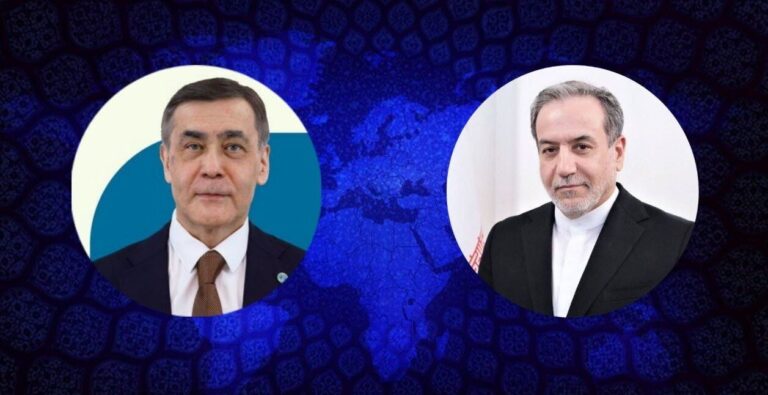
SCO Chief Expresses Condolences to Foreign Minister Araqchi Following Tragic Explosion at Shahid Rajaee Port
The recent explosion at Shahid Rajaee Port in Iran has garnered international condolences, notably from Nurlan Yermekbayev, Secretary-General of the Shanghai Cooperation Organization, who expressed deep sympathy for the victims and their families. The catastrophic incident on April 26, 2025, resulted in at least 46 deaths and over 1,200 injuries. Leaders and foreign ministers from various countries, including Belarus, Egypt, Qatar, and Russia, have reached out to offer their condolences. The global reaction underscores a collective grief and solidarity with the Iranian people as they navigate this tragic event.
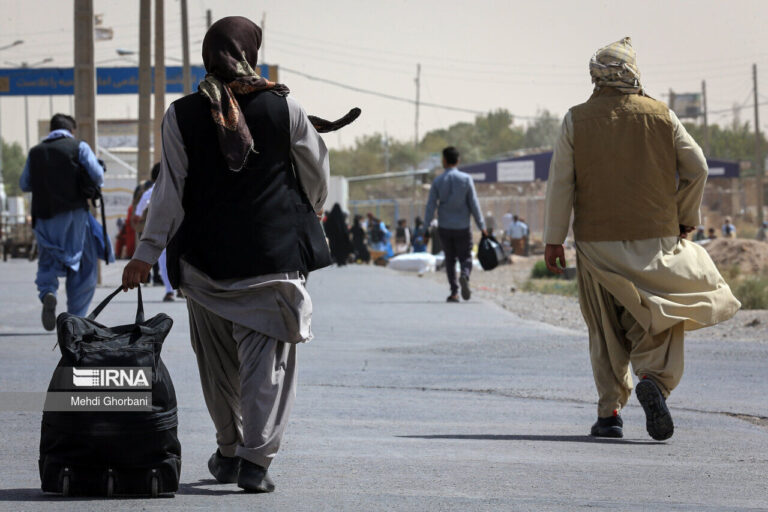
International Cooperation Essential for Iran’s Ongoing Support of Afghan Immigrants, Says Official
Iran’s Interior Ministry, led by Nader Yarahmadi, has urged the international community to support Iran’s efforts in hosting Afghan immigrants amid a humanitarian crisis. In a meeting with Norwegian Chargé d’Affaires Paul Klouman Bekken, Yarahmadi discussed improving living conditions for Afghan nationals and the need for greater international cooperation. Bekken acknowledged Iran’s generosity in accommodating refugees, while Iranian Foreign Minister Abbas Araghchi emphasized the urgency of a unified response from regional and international stakeholders, particularly European nations, to address the ongoing challenges faced by Afghan immigrants in Iran.
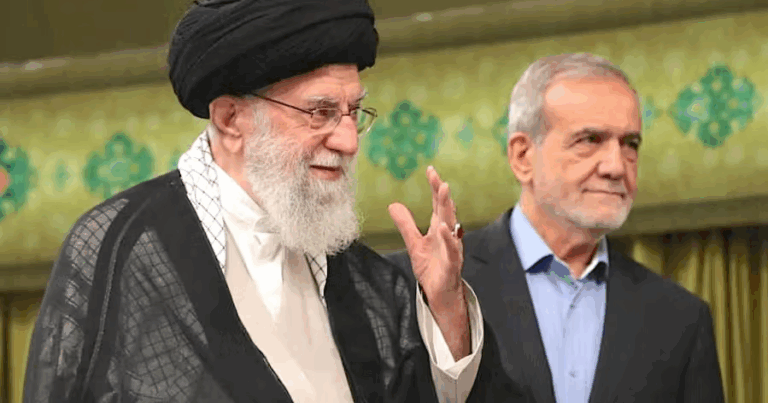
Khamenei’s Surprising Turn on Trump Talks Sparks Controversy and Criticism
Iran’s Supreme Leader, Ali Khamenei, has changed his stance on negotiations with the U.S., provoking controversy among Iranians who see it as a capitulation to external pressures. Critics argue this shift undermines Khamenei’s previous declarations that negotiating with the U.S. was dishonorable. As U.S. President Trump announced direct talks with Iran, skepticism among citizens grew, questioning the government’s narrative of indirect negotiations. Many perceive Khamenei’s actions as a response to internal unrest, fearing political collapse similar to historical figures like Gaddafi. Overall, there is a prevailing sentiment of humiliation among Iranians regarding their leader’s reversal on U.S. relations.